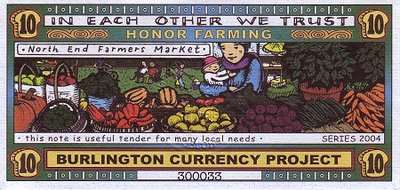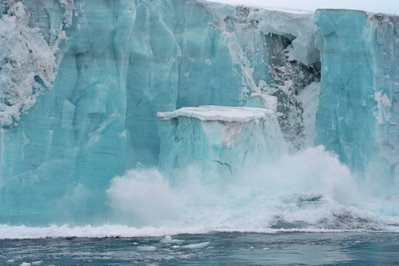
In a few days there will be the 10th anniversary of the massacre of international Red Cross aid workers in the small chechen town of
Novye Atagi. Six aid workers, 5 nurses and a construction engineer, were killed in the early morning hours of the 17 December 1996, in a premeditated attack on their sleeping quarters. The expatriates were workers in a small war-surgical hospital. This was the single worst incident that
ICRC ever experienced in its entire history. The people who lost their lives were:
Fernanda Calado, an ICRC nurse of Spanish nationality
Ingeborg Foss, a nurse from the Norwegian Red Cross
Nancy Malloy, a medical administrator from the Canadian Red Cross
Gunnhild Myklebust, a nurse from the Norwegian Red Cross
Sheryl Thayer, a nurse from the New Zealand Red Cross
Hans Elkerbout, a construction technician from the Netherlands Red Cross.
Links:
- Statement by ICRC
- CRIMINAL CASE NO. 96620018, GlobalSecurity.org
***
On the 17th and 18th December commemorative events will be held at
ICRC in Geneva, Switzerland. Also at this occassion, medals will be given to those who died working for ICRC recently:
Mrs. Jeannette Waddell Fournier (who died on 2.9.2006 in Senegal)
Mr. Salih Ibrahim Hassan (who died on 16.8.2006 in Soudan)
Mr. Samir Kadhum Jwad Al-Karady (who died on 13.1.2005 in Irak)




